Non-vented attic without air “conditioning”
Hi,
I’m finding that attics are tricky! My home is in upstate NY. It is on a stone foundation and there is plenty of shade here from trees. The house is cooler inside than out even when all the windows are open. I want to turn my attic into a finished space for a home office and for storage without having to worry about condensation and mold (I’m not as concerned about efficiency). Unfortunately, the rafters are only 5″ deep. This leaves only about a four foot wide space with adequate headroom (and a bit less once sheetrock is up). So, I don’t want to make the rafters any deeper. The only insulation that can reach R30 with only 5″ of space is closed-cell foam. The attic currently has no ridge vent or soffit vents. So, I thought I would turn it into a non-vented, “conditioned,” space. But, then I realized that while it will be heated in the winter, it won’t be “conditioned” in the summer because I won’t be using air conditioning. The air temp in the first and second floors are in the 70’s. I have no idea what the temperature would be in the attic if it were completely air and vapor sealed (except for open windows up there, like in any normal room). Would the temperature be reasonable and within safe limits to avoid moisture and mold issues without air conditioning? In other words, do non-vented attics work in the absence of an HVAC system?




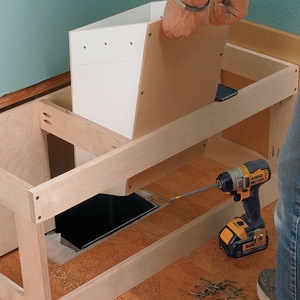
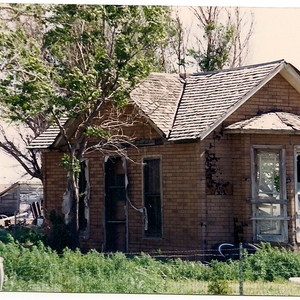




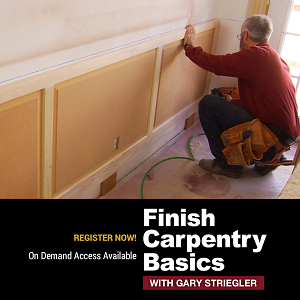




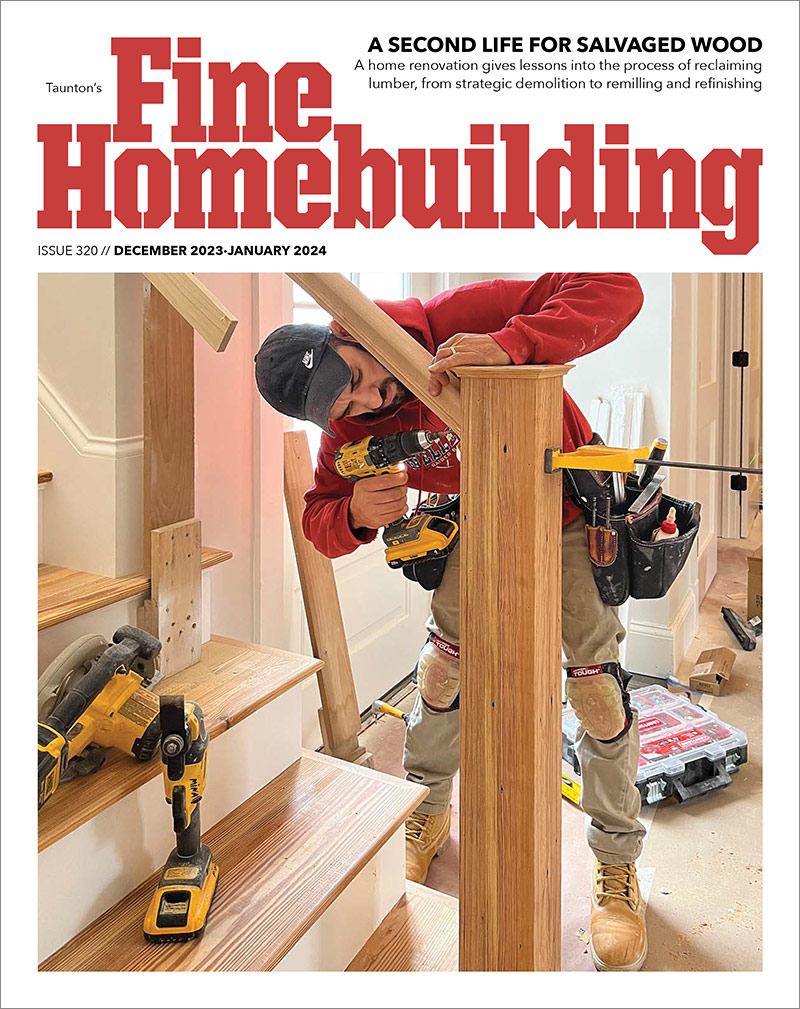
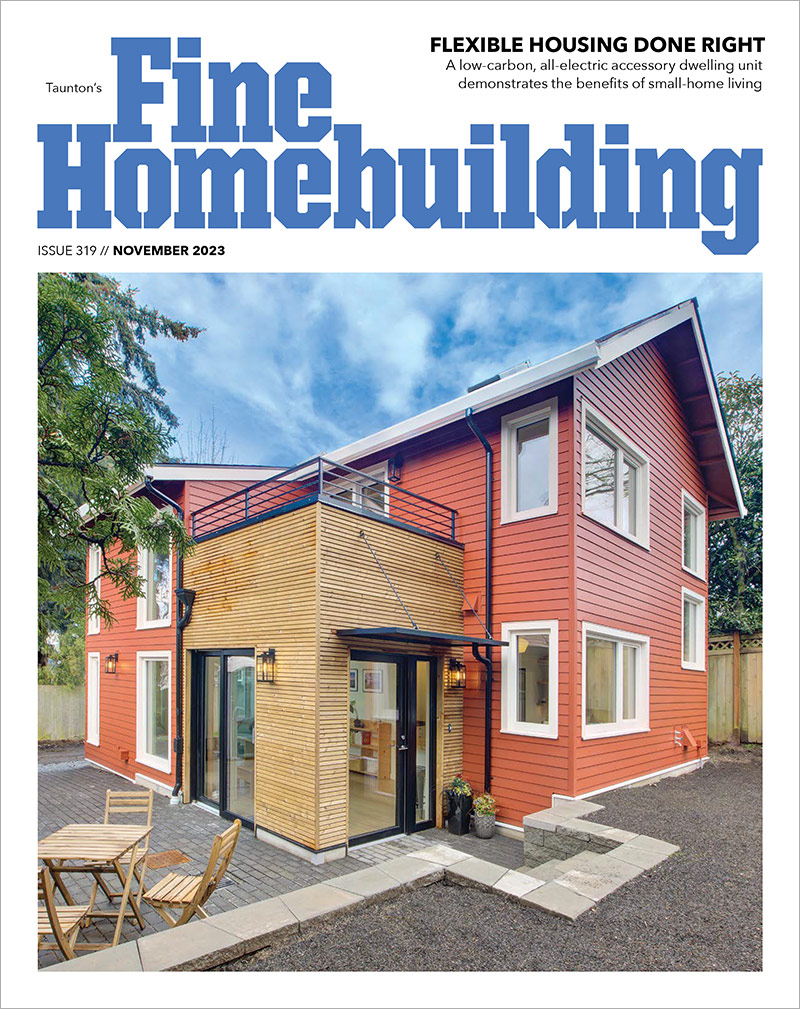

Replies
I'd be concerned about moisture. Even though your attic is unvented, I bet it still leaks a lot of air. So, before I looked at the attic, I'd look at the foundation. Is it at all wet? Wet basements cause wet attics due to the stack effect. If the foundation is dry, I would consider using spray foam in the attic and throwing in a window AC unit. Meanwhile, check out this article to understand the dynamics: https://www.finehomebuilding.com/1999/09/01/fixes-for-damp-moldy-houses
“[Deleted]”
Andy that's a great article but it's 22 years old and codes and practices have changed. Closed cell foam and unvented attics are now code approved and pretty normal.
The author's question is whether a non vented attic would work if there was no conditioned air in the house and I have to believe that it will do so as long as you get to the R30 level.
That's what I thought. I just want to do my own research because I kinda feel like contractors will sell you whatever services they offer as others have mentioned here. and I know how important that basement and attic are. As for Andy's response, I will definitely be making sure the basement is properly insulated and that there is as little air infiltration there as possible. There is some moisture coming in on the back wall of the foundation, so I 've got to investigate that.
It is a dated article, but I think most of it is still relevant. And I think Fred Lugano and the article's editor, Steve Culpepper, did a good job explaining the basics in a realistic manner.
“[Deleted]”
Too bad the follow up question about where to find contractors with an overall knowledge and concern for the house was deleted. It's a great question and I don't know an easy answer. Even where I am, 12 miles from FHB's office, there aren't many of us. The best answer I have is search the magazine archives for relevant articles and educate yourself. Once you're confident, the GC the project yourself, hiring subs for their specific expertise.
I had replied to that as well -- when my wife and I closed on our 1903 balloon-framed Foursquare in the lower Hudson Valley, we got quotes from a few HVAC and insulation contractors. They all would have had us "take advantage of the rebates" and spray foam the attic, fill the walls with cellulose, and add ground source heat pumps or geothermal (and all the ducting required for central air, as all the house has by way of heating and cooling is radiators). No plan for the sill was mentioned.
Had we 1) had money for such proposals 2) not been frequent readers here and at GBA, there's a very real world in which a very highly-rated and recommended contractor would have filled out attic with foam, pumped the walls full of cellulose, and done nothing to mitigate the moisture in the basement (I assume there's not rebates/credits for that part of the scope).
All this to say -- it's a hard, important question without a good answer outside "due diligence and knowledge on the part of the homeowner." I'm attempting a transition from cabinetry back into the field and it's equally hard as a job seeker to find contractors that are performing thoughtful, long-lasting work. In either case it seems you can either find Passive House builders (complete with the associated price tag) or those that put no more thought into the mechanical and barrier systems than where to place the Port-O-John.
I deleted the post because I knew the answer is basically what you said, Andy: you have to know what needs to be done yourself. My experience hiring contractors has been frustrating. I have been thinking about writing up a post asking how to find good ones but that's likely to turn into an airing of grievances with no answers.